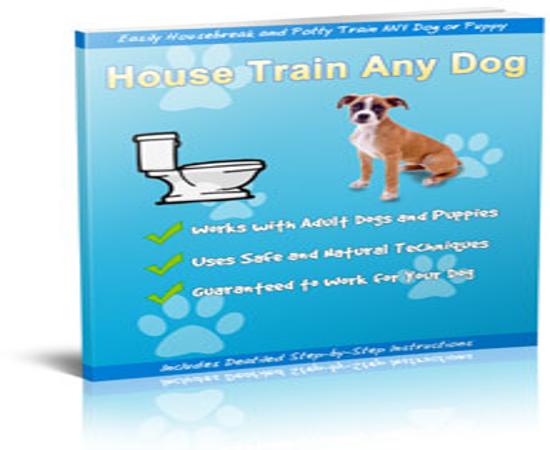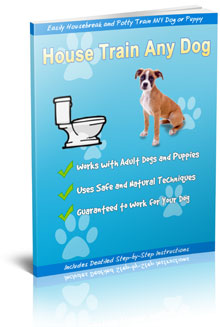How To Successfully Housetrain & Potty Train Your Canine Companion
Welcoming a new furry friend into your life can be an exciting and rewarding experience. However, one of the first challenges many pet owners face is housetraining and potty training their dog. Whether you have a new puppy or an older rescue, the process of teaching them where and when to go can seem daunting. But fret not, with the right guidance and consistency, you can effectively housetrain and potty train any dog.
The Benefits of Properly Housetraining Your Dog
Before diving into the nitty-gritty of housetraining, let’s discuss why it is essential for both you and your canine companion. Proper housetraining not only helps maintain a clean and odor-free home but also strengthens the bond between you and your dog. By establishing a routine and teaching your dog the appropriate place to relieve themselves, you are setting them up for a happier and healthier life.
Understanding the Basics of Housetraining
When it comes to housetraining your dog, consistency is key. Establish a regular feeding schedule and take your dog outside frequently, especially after meals, naps, and playtime. Designate a specific potty area in your yard and use positive reinforcement such as treats and praise when your dog successfully goes potty outside. Avoid punishing your dog for accidents indoors as this can create fear and confusion.
Frequently Asked Questions About Housetraining
1. How long does it take to housetrain a dog?
The housetraining process can vary depending on the individual dog and consistency of training. On average, it can take anywhere from a few weeks to several months to fully housetrain a dog.
2. Can you housetrain an older dog?
Yes, it is possible to housetrain an older dog with patience and consistency. Older dogs may take longer to learn new habits, but with the right approach, they can successfully be housetrained.
3. Should I use puppy pads for housetraining?
While puppy pads can be a helpful tool, it is best to transition your dog to outdoor potty training as soon as possible. Using puppy pads long-term may confuse your dog about where it is acceptable to go potty.
4. What do I do if my dog has an accident indoors?
If your dog has an accident indoors, clean up the mess thoroughly to remove any scent markers. Avoid scolding or punishing your dog as this can cause stress and hinder the housetraining process.
5. Is crate training effective for housetraining?
Crate training can be a useful tool for housetraining as it helps establish a routine and prevents accidents when you cannot supervise your dog. However, it is essential to ensure the crate is a positive and comfortable space for your dog.
Conclusion
Housetraining and potty training your dog may require time and patience, but the rewards of a well-behaved and housebroken companion are well worth the effort. By following a consistent training regimen, using positive reinforcement, and understanding your dog’s needs, you can successfully housetrain any dog. Remember, building a strong foundation through housetraining sets the stage for a happy and harmonious relationship with your four-legged friend.


